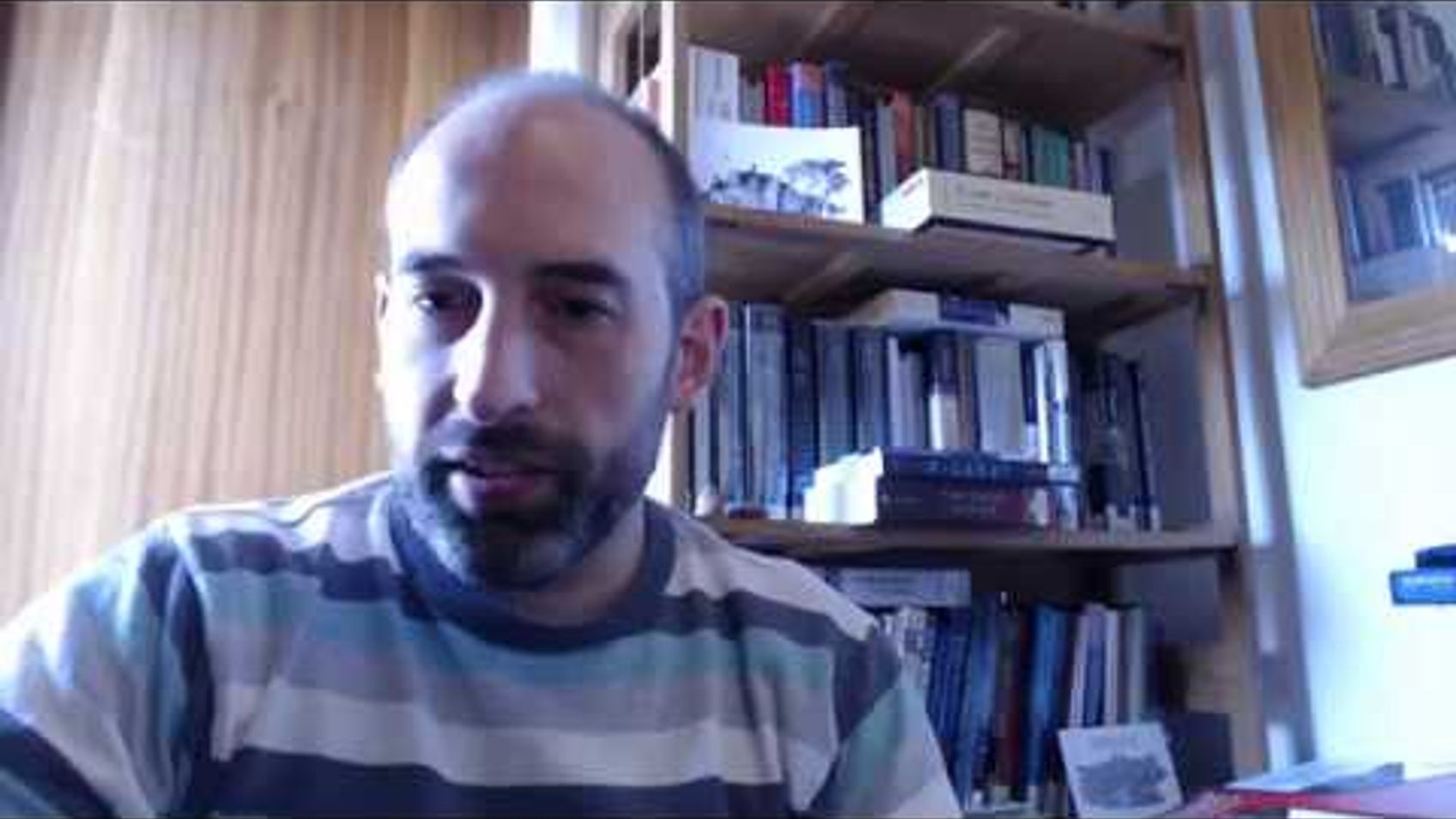Q&A#68 Did Jephthah Kill His Daughter?

Today's question: "Jephthah? Human sacrifice or something else?"
For more on this question, see John Barach's lectures on Joshua, Judges, and Ruth: https://theopolisinstitute.com/downloads/joshua-judges-and-ruth_29291. Or see James Jordan's commentary on Judges: https://amzn.to/2A0zxeZ.
If you have any questions, you can leave them on my Curious Cat account: https://curiouscat.me/zugzwanged.
If you have enjoyed these talks, please tell your friends and consider supporting me on Patreon: https://www.patreon.com/zugzwanged.
The audio of all of my videos is available on my Soundcloud account: https://soundcloud.com/alastairadversaria. You can also listen to the audio of these episodes on iTunes: https://itunes.apple.com/gb/podcast/alastairs-adversaria/id1416351035?mt=2.
More From Alastair Roberts






More on OpenTheo















